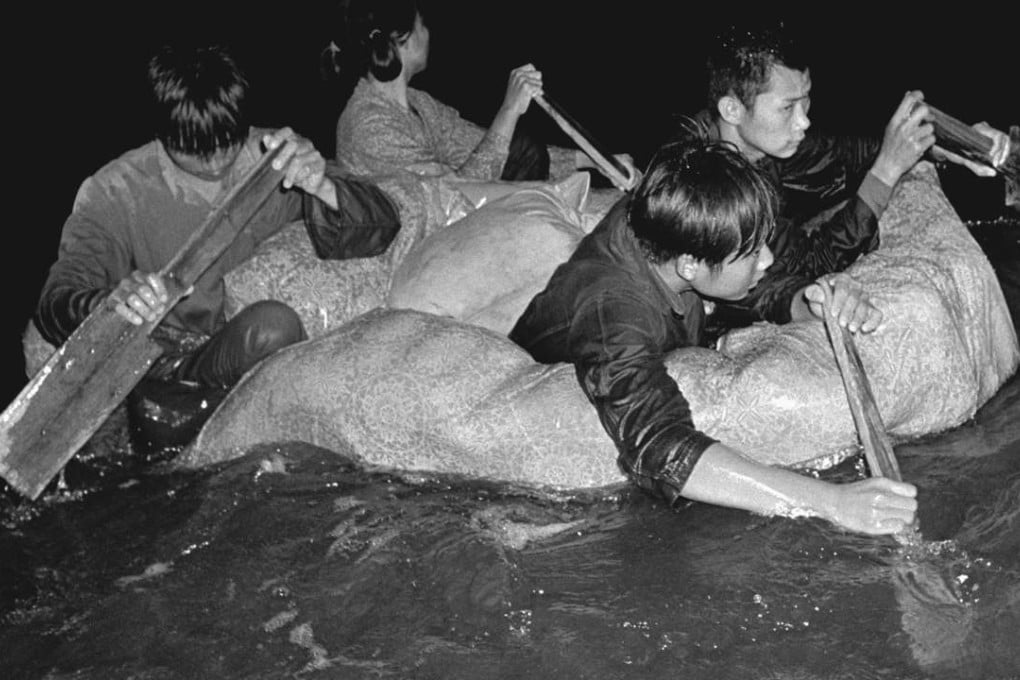It wasn’t always ‘us versus them’: a look back at Hongkongers’ attitudes towards mainland immigrants
Over the years, war, economic development and politics have all shaped locals’ opinions of newcomers to the city

From a warm welcome to discrimination, Hongkongers’ attitudes towards mainland immigrants have shifted over the years through war, economic development and political turmoil.
Following the second world war and up until the 1980s, waves of mainlanders flooded into the city and were welcomed with relatively open arms. The biggest occurred between 1949 and 1955, when several hundred mainlanders arrived every day, according to John Carroll, history professor at the University of Hong Kong.
“There was no real us versus them in that period. There were people fleeing a totalitarian regime – a lot of people felt sorry for them. They were willing to find ways to make the situation work,” Carroll said.
“By the mid to late 1950s, people started to realise [the migrants would stay long-term]. That’s when the government started to build resettlement estates.”

Economic and political changes also influenced attitudes over the years, according to Carroll, who said cheap labour from the mainland fueled Hong Kong’s economic expansion in the 1960s. Then, as China began to open up in the 1970s under Deng Xiaoping’s leadership, Hongkongers started to feel a sense of pride in the mainland. And since Beijing had no authority over Hong Kong issues until 1997, the political situation was also completely different.
